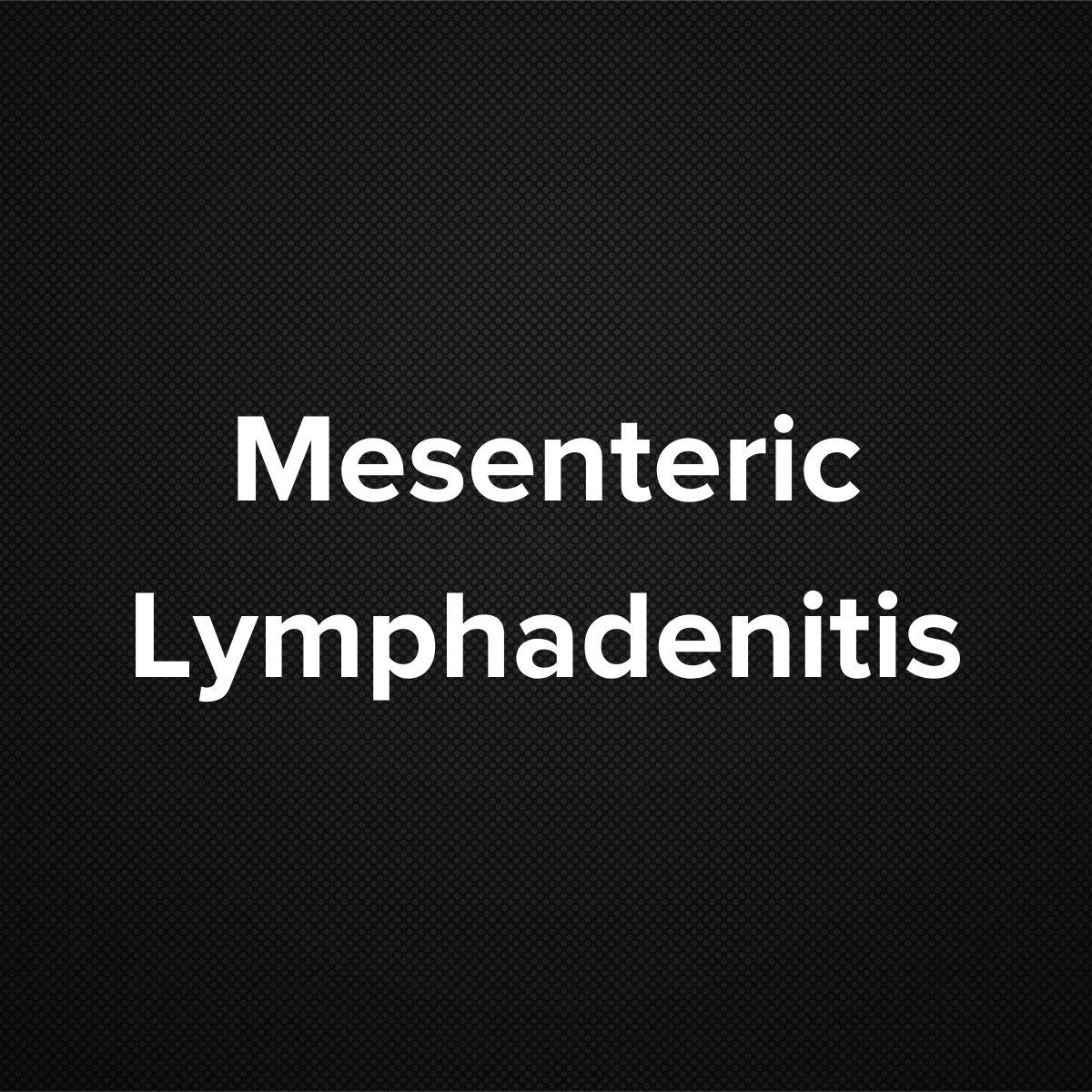Causes and risk factors
Most common cause of mesenteric lymphadenitis is infection by bacteria, parasites or viruses. Common infections include gastroenteritis, crohn’s disease. Other infections include HIV, TB, and Whipple’s disease. Inflammatory conditions involve appendicitis, IBS, pancreatitis, diverticulitis. Connective tissues disorders causing mesenteric lymphadenitis are SLE, rheumatoid arthritis also cause the disease. Malignant conditions such as lymphomas, breast cancer, gastrointestinal cancer, lung cancer can be an important cause of lymph node swelling in the mesentery.
Clinical presentation
Clinical features involve that of the underlying disease. Onset and progress of the symptoms is slow. Symptoms such as abdominal pain especially in right lower quadrant, diarrhoea, malaise, fever, anorexia are observed. . Patient has nausea, vomiting which generally occurs before abdominal pain. There can be upper respiratory tract infection with signs such as running nose, sore throat, and cough. Hardened, fixed and fast growing nodes indicate a tumour.
Investigation
Medical history by the patient and Clinical examination by the doctor helps in diagnosis. Routine Blood test is recommended. Imaging studies such as Ultrasound of the abdomen, CT scan, MRI scan may be useful for further evaluation. Lymph node biopsy is done which confirms the diagnosis.
Treatment
Treatment depends upon the underlying cause. Treating the cause is essential. No treatment is required for patients in which the cause is viral infection. Mild cases resolve on their own. Lymph nodes swelling due to bacterial infection require antibiotics. Analgesics and anti pyretics are useful. Supportive care such as fluid replacement and adequate rest will contribute to the treatment. Immunosuppressant therapy is needed in case of disease related to immune system. Lymph node swelling due to cancer will require treatment for cancer such as chemotherapy; radiation or even surgery etc. may be required.
Other Modes of treatment
The other modes of treatment can also be effective in treating Mesenteric lymphadenitis.
Homoeopathy is a science which deals with individualization considers a person in a holistic way. This science can be helpful in combating the symptoms. Similarly the ayurvedic system of medicine which uses herbal medicines and synthetic derivates are also found to be effective in treating Mesenteric lymphadenitis.






























